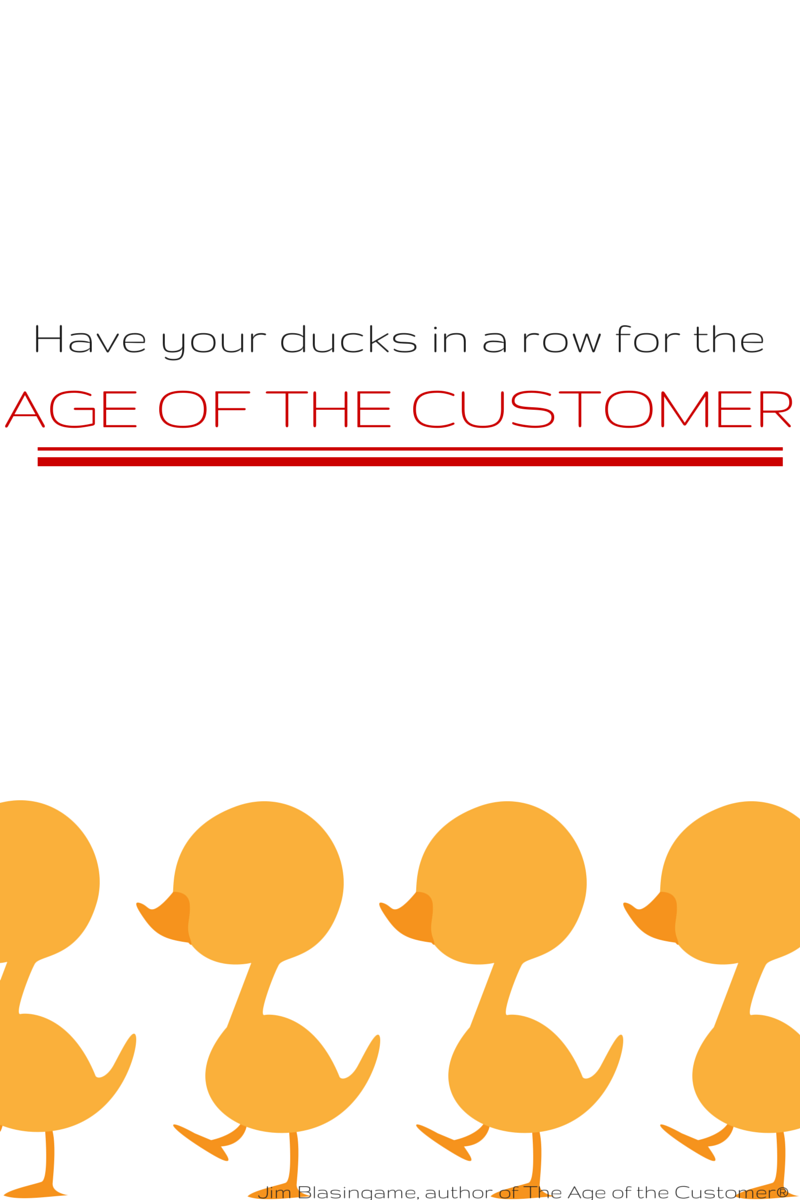As policy battle lines are being drawn in Washington, there’s one important issue being debated that might not stay on your radar like Obamacare and immigration.
It’s called “net neutrality,” and I’m concerned it might not get the attention it deserves, even though it could have significant long-term implications. My goal here is to simplify net neutrality so you understand how it can impact your business and how to join the debate.
The term is pretty intuitive. Net neutrality means all Internet traffic gets treated the same, which is what we’ve had for over 20 years; there’s essentially no government regulation of the Internet and no Internet taxes. Also, there’s no preference for, or discrimination against any sender or receiver of email, web pages, music or movies, regardless of bandwidth used via fixed or mobile networks.
Three groups have a stake in net neutrality: carriers, content producers and a regulator.
Carriers fill two roles: 1) Local Internet service providers (ISP) connect you to the Internet; 2) national networks, like AT&T and Sprint, own the “backbone,” the physical infrastructure – fiber – that hauls digital traffic between ISPs. Carriers want to charge different rates based on content quantity and speed, which is contrary to net neutrality. Without targeted revenue for their finite bandwidth inventory, they argue, innovation and investment will stall.
Content producers include Google, NetFlix, Facebook and virtually every small business. If you have a website, sell a product online, conduct email marketing or have an instructional video on YouTube, you’re a content producer. Content producers love net neutrality because turning the Internet into a toll road increases business costs and could make small businesses less competitive.
The regulator is the Federal Communication Commission (FCC), led by Chairman Tom Wheeler. Some content producers have asked the FCC to defend net neutrality. But here’s what that request looks like to a politician: President Obama wants the FCC to reclassify and regulate broadband Internet connection as a utility, which is not the definition of net neutrality.
Net neutrality is complicated because it’s easy to appreciate both business arguments. Plus, some even have a stake in both sides of the issue, like a cable company that owns TV stations and movie studios. But inviting the government to referee this marketplace debate is a Faustian bargain because what government regulates it also taxes, and once started, won’t stop.
Write this on a rock … A regulated and taxed Internet is not net neutrality.














